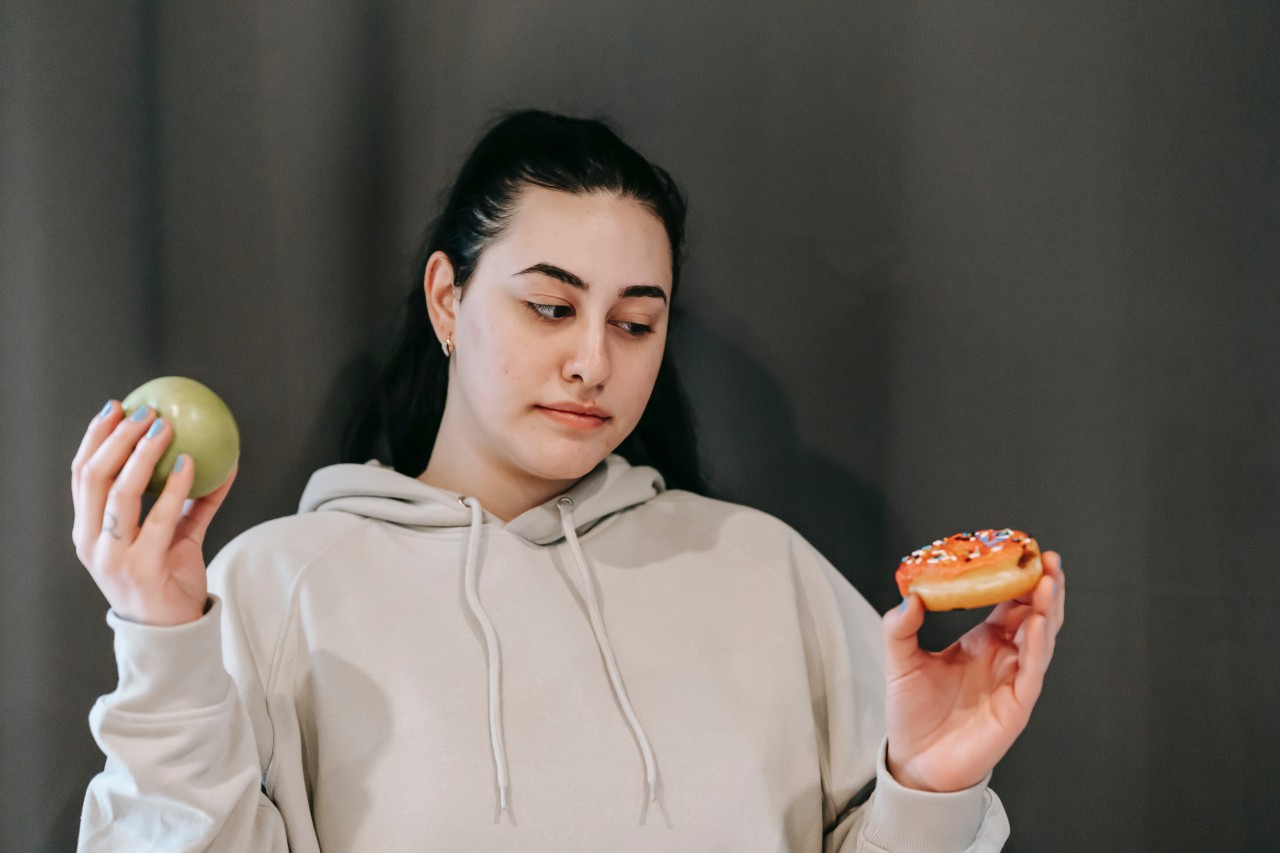How Can Mindful Eating Fix Your Relationship with Food?
We all know the struggle of not knowing what we should be eating to look and feel the way that we want to. Reaching your fitness goals can be confusing. Trends and diet fads are all over the internet saying their diet will be the one to finally help you lose that extra five pounds. However, many of these trends involve restricting your diet in a way that is unsustainable and unenjoyable. This is where mindful eating can help.
Mindful Eating can help with overeating, emotional eating, and aid in weight loss
Most people tend to eat multiple times a day, but how often do you remember what it actually felt like eating each bite? It's hard to be fully present when we are eating because we are distracted by other things that we are doing. People also tend to eat for other reasons, such as to relieve stress and cope with negative emotions, such as sadness, anxiety, and boredom. Whether it's watching TV, scrolling on social media, reading, talking, or thinking about all the things you have to do that day. We rarely focus on just eating.
Mindless eating occurs when we aren't fully aware of what we are eating, which can make it difficult to listen to your hunger cues and eat with purpose. When you don't eat with purpose and in a mindful way, it can become much harder to lose weight. That's why it's so important to eat with purpose, to eat with clear intention, and to be mindful of what and why you're eating. It will help advance several health goals in one simple process.
Mindful eating is simply what it sounds like. Eating with intention, being mindful of what and why, and even how you're eating. It's not an overly complex process, just pay attention when you eat. Are you really hungry? Or feeling an emotional cue (stress, worry, fear, or boredom for example). Are you paying attention to what you're eating, and how? Fast or slow? Truly enjoying it? The more you develop this kind of thinking process, the stronger the habit will become and the easier it will become for you to be mindful of your relationship with food.
How do you do it?
- Use all your senses: Don't just focus on the taste of your food, but also the smell, appearance, feel, and sound of it.
- Focus on every bite and how it feels: Feel the sensations of the food in your mouth and how it tastes. This can help you enjoy your food more.
- Eat Slowly: Eat one bite at a time, and chew it until you are ready to swallow. Eating slowly makes it easier for your food to digest properly.
- Remember to breathe and take breaks: If you notice you are eating too quickly or letting your thoughts wander, try taking some breaths between bites to let your food digest and refocus your mind.
- Listen to your hunger cues: As you eat, pay attention to what your body is telling you. If you notice yourself getting full, slow down and assess how much more you can eat without being too full. This will help you understand when you should stop eating.
- Practice gratitude: Remember your food originated from somewhere. Think of where all the ingredients came from and how many people had to transport it in order to bring it to your plate. It is also important to practice gratitude for having food on your plate, especially if you have access to healthy food options.
Final Thoughts
Mindful eating can help you fix your relationship with food and find balance in nutrition. You do not need to cut out "bad" foods to lose weight. When you practice mindfulness while eating and listen to your body, it can become more enjoyable to eat and easier to reach your fitness goals. Some examples of this could be slowing down before eating and asking yourself, "Am I eating because I am hungry or because I am bored?" or "Is this meal nutritious or emotionally comforting?" This doesn't mean you need to practice mindfulness at every meal, but try implementing it in your fitness and wellness routine and see the amazing difference it can make to your relationship with food!
.png)
